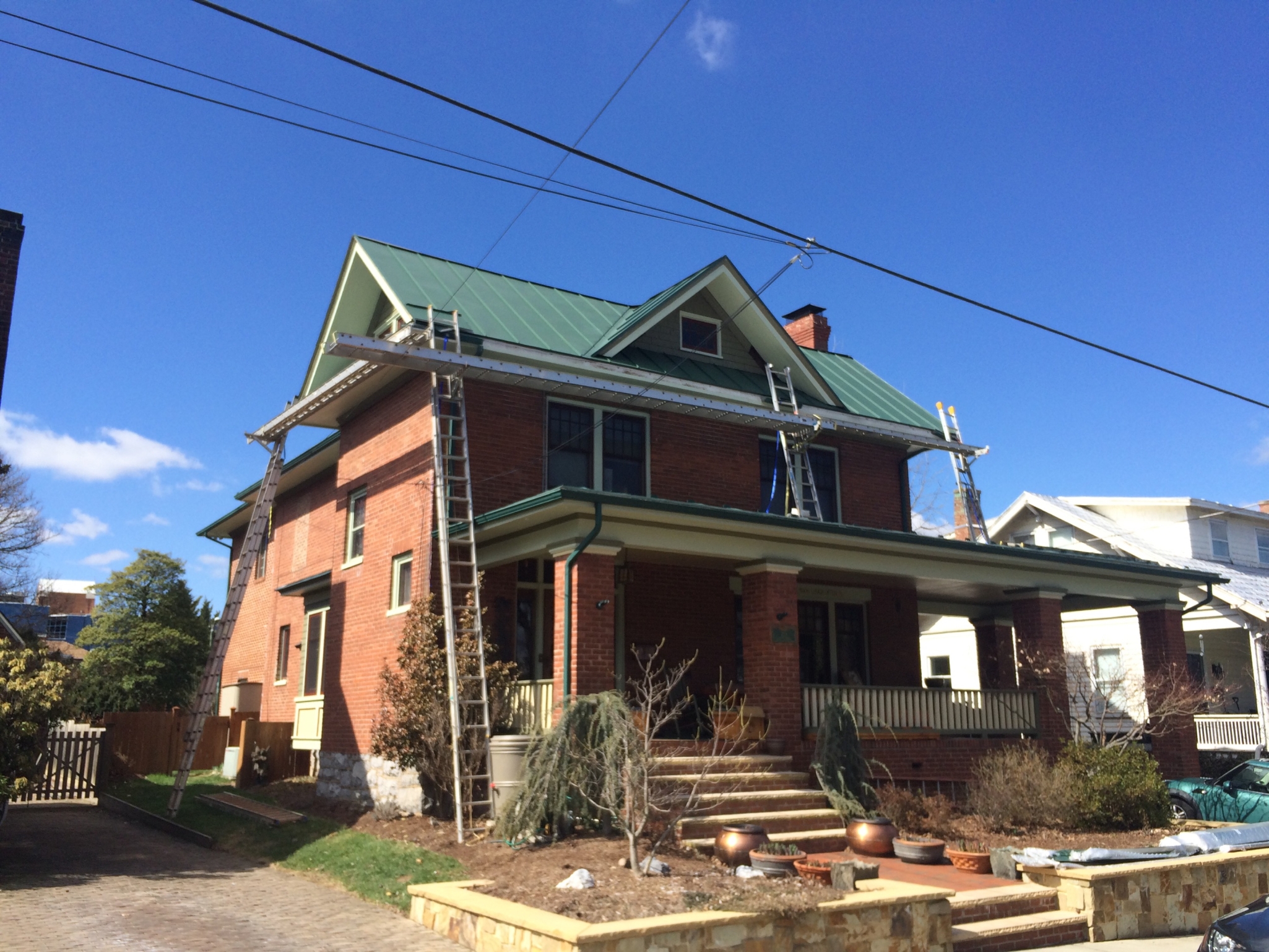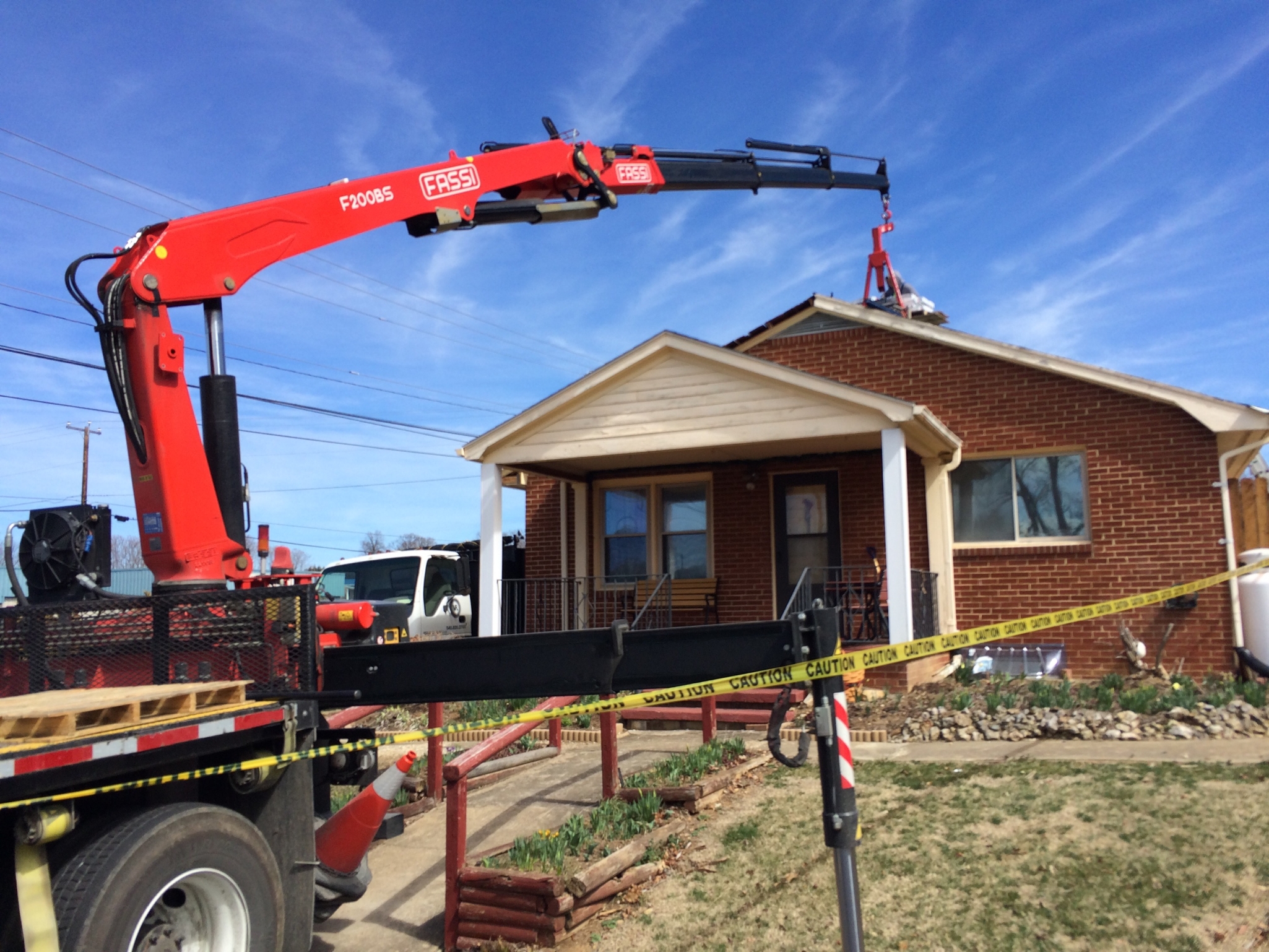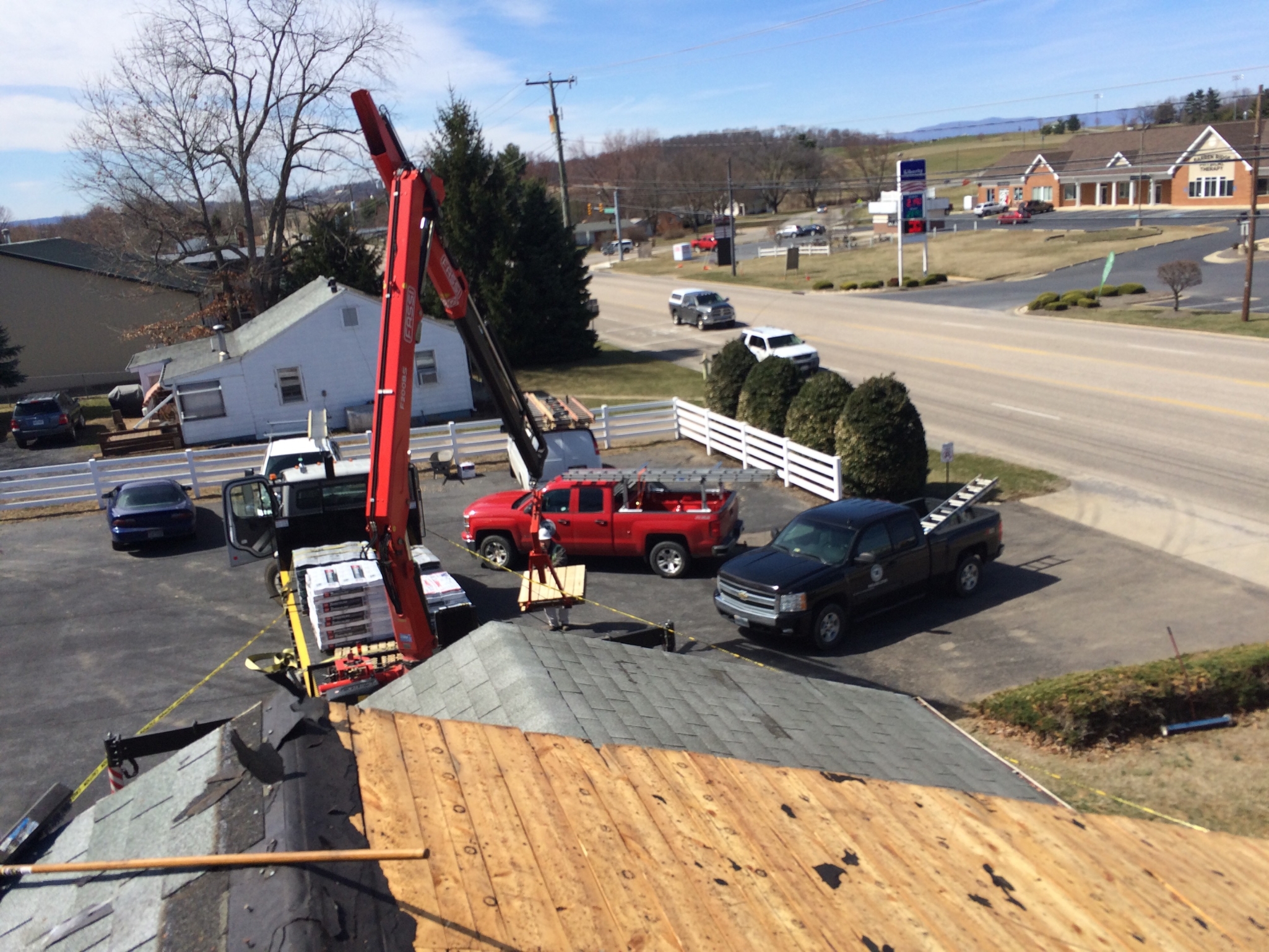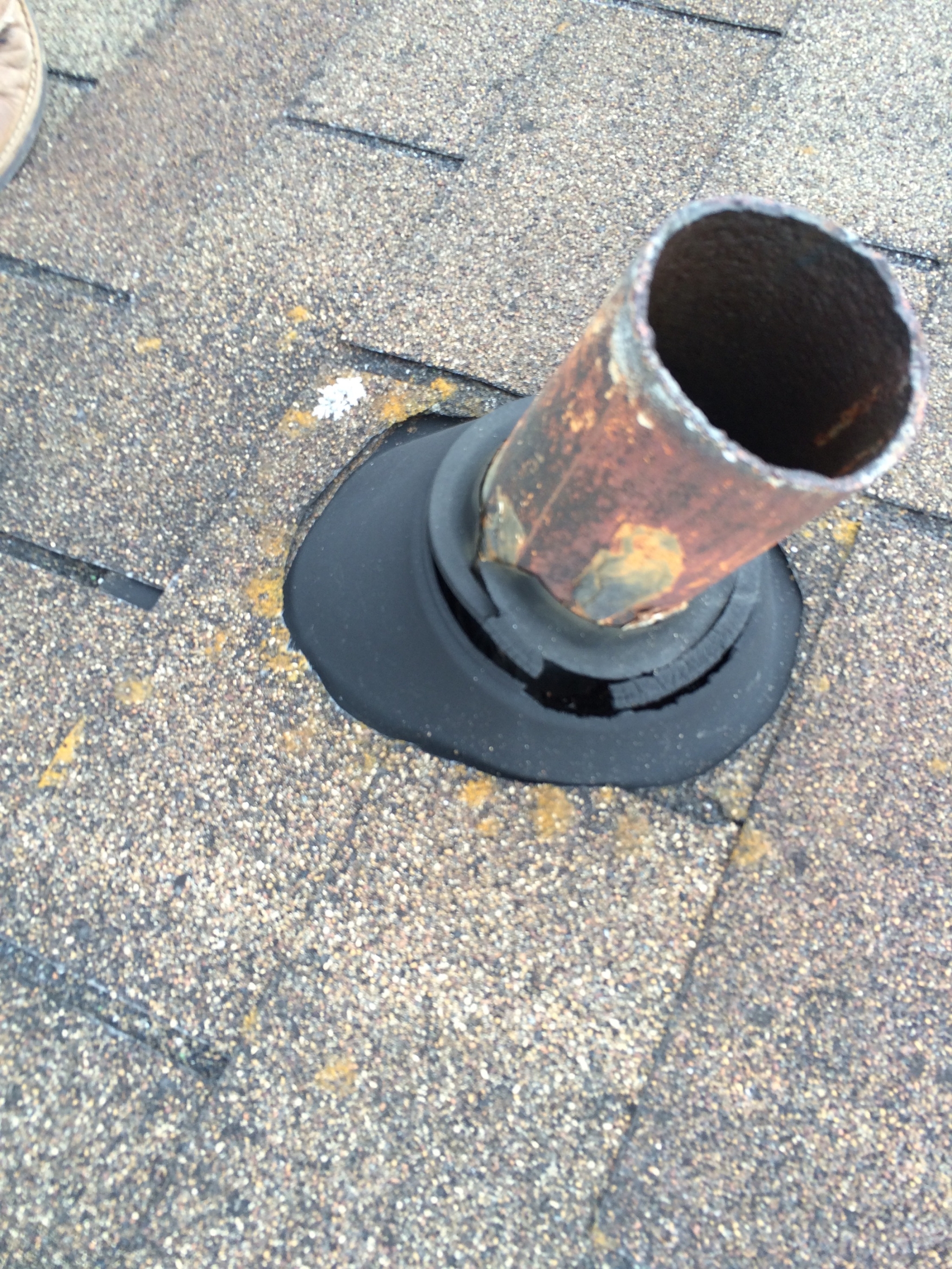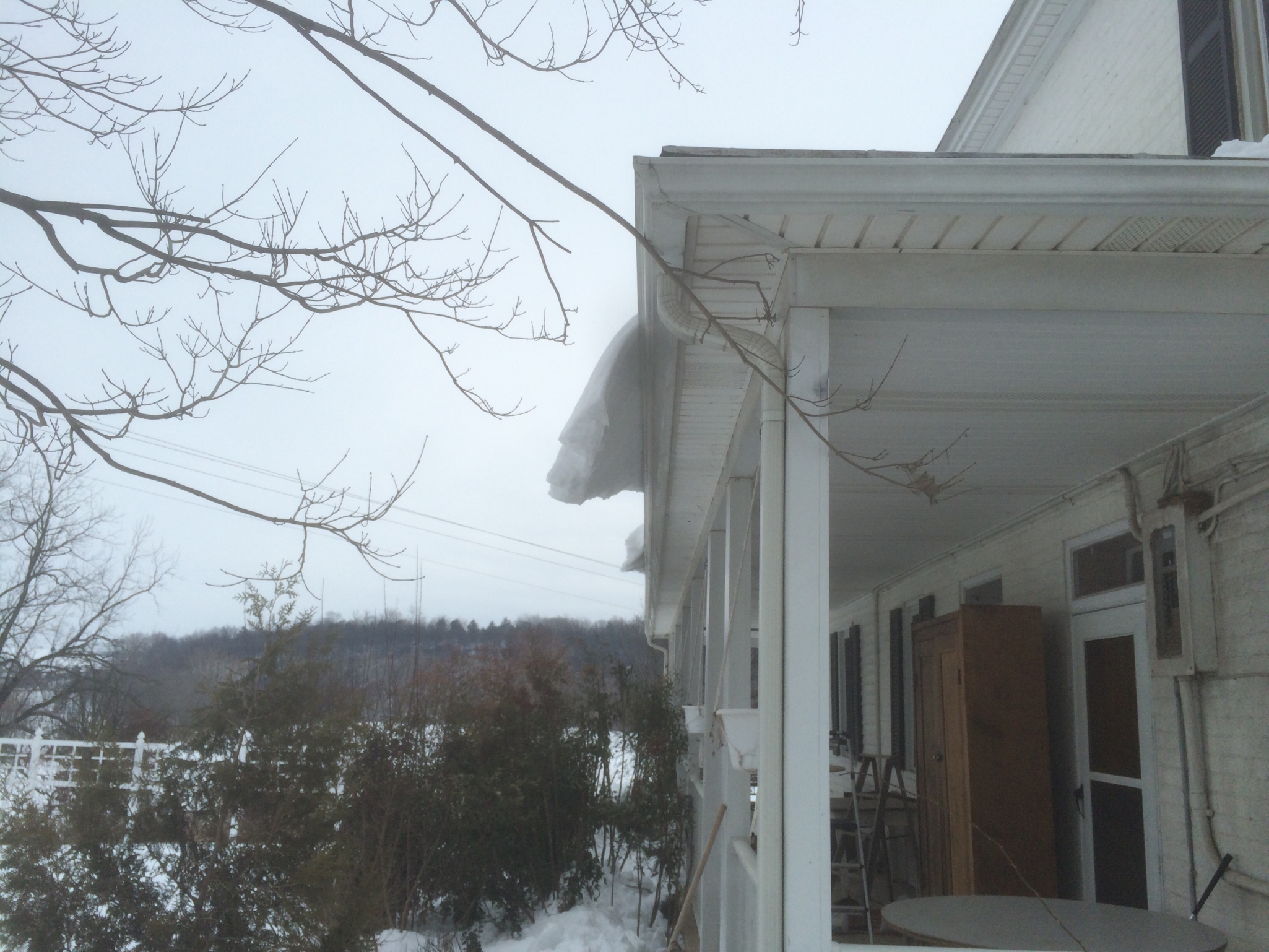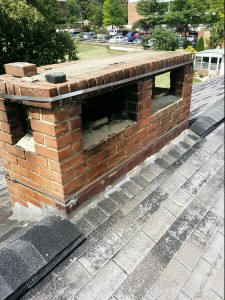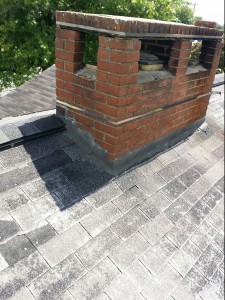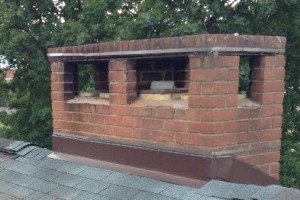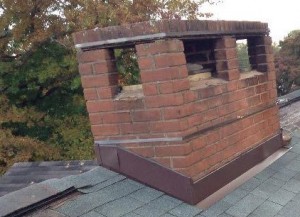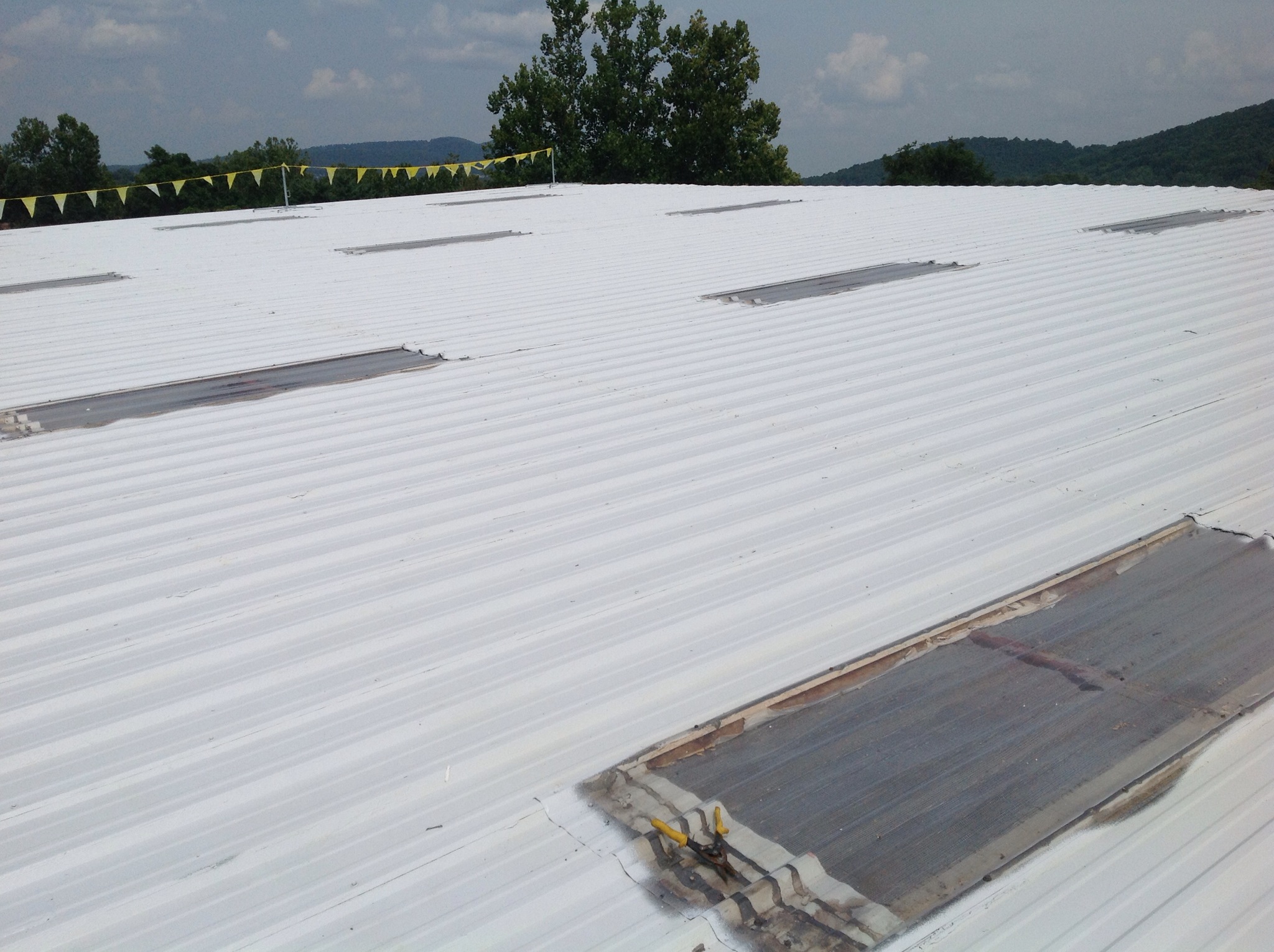What’s the Average Cost of a New Roof?
Time for a new roof?
Whether your aesthetic calls for shingles or metal, the cost range for a new roof is not quite a straightforward number that can apply to all homes.
Our top 3 questions about roofing include the cost.
When it’s time for a new roof for your home, the first few questions are typically:
- What do I need?
- How much is it going to cost?
- When can you get started?
All contractors can give you answers.
Roofing estimates vary from contractor to contractor. Always ask what is included in the estimate and expect to see out how the contractor arrived at that number. Find out if the installation is certified to activate the roof’s warranty. On-site estimates determine the scope of the project, and give you a chance to ask about the installation process, warranties, and guarantees of work.
Here’s how we figure the cost of your new roof.
Our on-site estimator follows the “Rule of 4P’s.”
- Problems – What is your specific roofing situation?
- Products – What is needed to provide the right roofing solution?
- People – Who are the right people to install or repair your roof?
- Price is then determined based on the first 3 questions.
We price jobs to include options to fit different budgets and styles. Your new roof cost is calculated specifically for your home’s needs and a proper installation.
Expect itemized estimates for greater choices to meet your roofing needs.
Our estimate takes your budget into consideration. Materials, products, styles, and colors each add an element to the overall curb appeal your roof provides. You have choices with Valley Roofing & Exteriors, and we offer payment options to give you greater flexibility. Our roofing estimates help you find the perfect fit.

